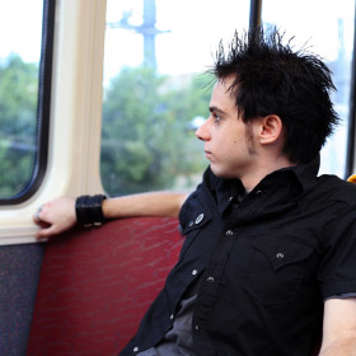
Being able to travel is one of the advantages of having a successful transplant. But depending on your destination, it may be best to wait six to 12 months after surgery.
Planning your trip
- Talk to your transplant team first! We will assess you and let you know if you are ready to travel. We can also give you a letter about your condition and how we can be reached in case you need medical help while you’re away. We can give you another letter listing the medications (and doses) that you are taking. Make sure you have a list of your medication allergies, if any, as well.
- If you need to know where to find major hospitals at your destination, talk to your transplant team. Depending on your medical history, it may be important to know the location of the nearest hospital in case you get sick while you are away.
- Be aware of any water safety issues at your destination. Many infections can be transmitted through contaminated (infected) food or water. Check out Health Canada’s travel tips on how to protect yourself.
- Review your medicine insurance coverage with your parents or guardian if you plan to travel outside Ontario. If the plan does not cover prescriptions filled in other provinces or countries, you will need to get separate medicine coverage through a health insurance plan.
- Get health insurance if you plan to travel outside Canada. Please remember to read the fine print on all health and travel insurance policies to make sure they cover any pre-existing conditions.
- Get cancellation insurance, as it will protect you if your health changes shortly before your departure. Read the cancellation insurance policy carefully to make sure you are covered for a pre-existing health issue.
- If you are travelling outside Canada or the USA, visit a travel clinic several months before your departure date. Health Canada had advice about travel clinics on its website.
- Travel vaccines are not covered by OHIP, so you will need to budget for the cost of visiting a travel clinic doctor for vaccine advice. Remember too that some vaccines must be given several weeks or months before the trip to work properly. If you need anti-malaria medications, you must take them for a while before, during and after your trip. Tell your transplant team about all the medications the travel clinic has prescribed. The team can check for any possible problems or interactions with your regular transplant medications.
- Make a copy of your immunization (vaccine) records and take it with you.
- If you are crossing into different time zones when you travel, ask your transplant team how to adjust your medication schedule. Keep this plan with you.
- If you need to use needles or syringes, ask your airline about its policies on having them in carry-on luggage. Your airline may need a letter from the transplant team to allow you to take these supplies on board the plane.
- Always wear your Medic Alert bracelet. Medic Alert is a universal symbol that will be understood wherever you go. If you do not have a Medic Alert bracelet or you have lost it, get one before you travel. See www.medicalert.ca for details.
Travelling with medications
- Make sure that your medications are in their original packages or containers (vials, bottles or blister packs) with the pharmacy label still attached. The name of the medication and your name need to appear clearly. Do not carry medications in pill boxes (dosettes or medicine organizers).
- Keep non-prescription medications in their original containers as well. Be aware that some non-prescription (over-the-counter) medications that we can buy in Canada may only be available with a prescription in other countries.
- Bring enough medications to cover the length of your trip and at least an extra two days (in case of travel delays).
- Keep the letter from your transplant team with you at all times. You may need to show it to security agents when they inspect the medications. The letter should include the generic names of the medications (not brand names or trade names) so that doctors, nurses or pharmacists in other countries can recognize them.
- Always carry your medications with you on the airplane. Never pack them into your checked luggage. The airplane baggage hold often freezes at high altitudes, which is not safe for medicines. There is also a danger that luggage can get lost!
- Bring a cooler bag with a freezer pack to keep refrigerated medicines at a cool temperature. Store the medications under your seat so you can access them easily.
- If you need needles or syringes, keep them with you on the plane as well. The letter you get from your transplant team before your trip will say if you need needles or syringes.
- Always carry your medications or supplies with you when travelling by bus or boat so that you have access to them at all times. Never pack medications in luggage that is stowed away.






